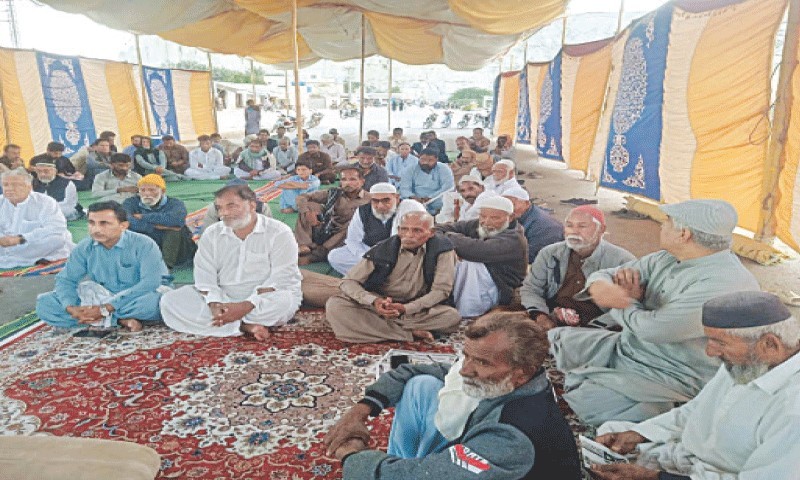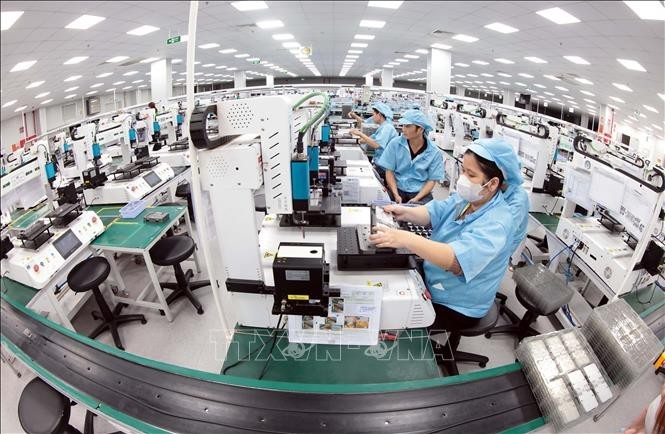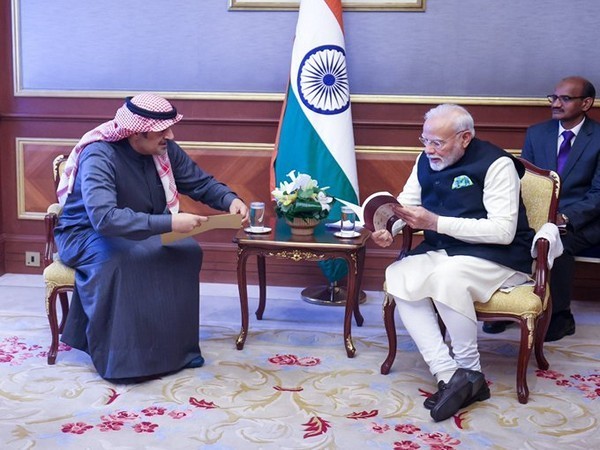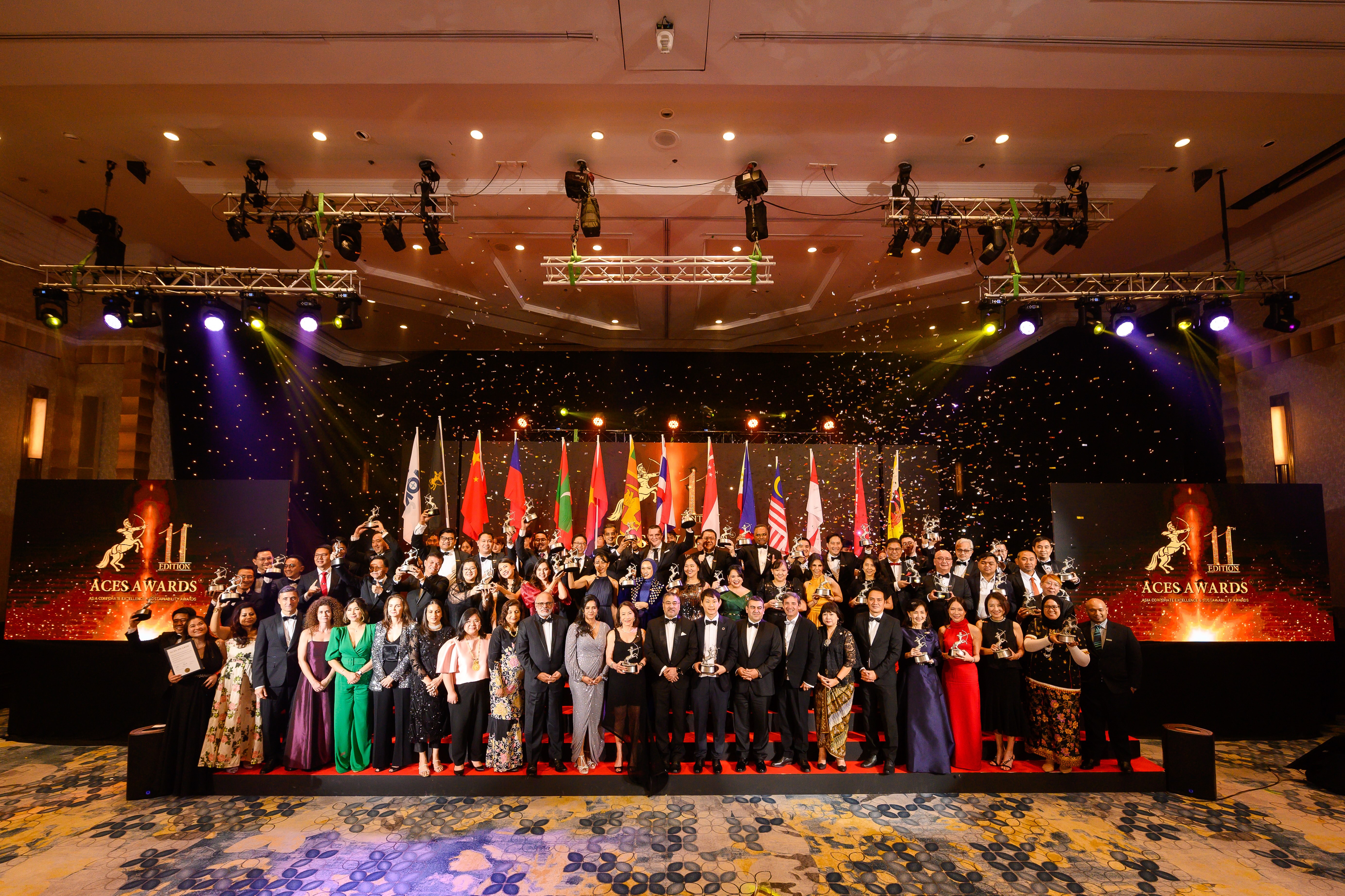Woman in China - Prevalence and Reinforcement of Traditional Stereotypes
Four decades of rapid economic growth in China have created economic opportunities for women, but sexual exploitation and gender discrimination remains widespread.
On July 25 the New York Times reported how a prominent professor at Renmin University's School of Liberal Arts in Beijing had been sexually harassing his female student for two years. This incident shows how Beijing downplays rising sexual harassment in Chinese campuses.
Throughout most of China’s history, men have been seen as the core of the family and society at large and women's roles were primarily kinship roles, strictly required to conform to the wishes and needs of men. Before the Chinese Communist Revolution, women in China were generally restricted to traditional gender roles as wives, concubines, or prostitutes. These oppressive norms were partly rooted in Confucian beliefs about gender roles, emphasising filial piety and male dominance.
While old suppressive practices like foot binding, widow chastity, parental control of marriage, and concubinage have been eliminated, Chinese society remains attached to its conventional attitudes towards women. In contemporary China, women's rights have improved significantly, but women still face lower status compared to men. Despite constitutional guarantees of equal rights, progress has been outpaced by the rest of the world.
Different treatment for men and women can easily be seen in many areas of society. In China, inequalities between the sexes remain not only as regards access to education, employment, and health, but also in matters of inheritance, salaries, political representation, and decision-making within the family.
China ranks 78th globally in terms of women’s political involvement, below similarly populous India. While the voices of feminists continue to push for change in China’s gender landscape, issues persist, including patriarchal oppression, workplace discrimination, sexual harassment, and underrepresentation in political and legislative bodies.
Despite having in place a body of legislation for the defence of the rights and interests of women, China has not been able to put an end to traditional stereotypes of the roles and duties of men and women within the family and society – and the reality is far from it. Deep-seated inequalities continue to exist between regions regarding the status of women, traditional sexual stereotypes persist, the rights of women are ignored in many places,a great deal of work remains to be done to improve the situation of Chinese women if their equality with men is to become a reality.
Several barriers hinder women's political involvement in China. Deep-rooted Confucian beliefs still influence societal expectations, emphasising male dominance and the importance of filial piety. These norms often limit women's roles to family and household matters. During the one-child policy years, countless women in China faced forced contraception, sterilisation, and abortion. These inhumane acts have left a lasting impact. As recently as 2011, the further deterioration of the sex ratio at birth revealed by the sixth census (2010), the consequence of massive discrimination against girls.
In China women are underrepresented in political and legislative bodies. Despite constitutional guarantees of equal rights, women hold fewer leadership positions, making it challenging to advocate for gender-specific policies. Stereotypes about women's leadership abilities persist, hindering their career progression. Even in metropolitan cities in China, women face barriers in advancing to higher political offices.
A wide range of jobs in both the private and public sectors in China specify “men only” or “men preferred”. Alongside these specifications are advertisements that require female applicants to satisfy requirements for height, weight, and other “pleasing” attributes that have nothing to do with the job itself.
According to a Human Rights Watch (HRW) report, “Sexual objectification of women—treating women as a mere object of sexual desire—is prevalent in Chinese job advertising.” These attitudes are reflected in the gender pay gap – which has widened, rather than fallen, since the mid-1990s – a finding attributed primarily to discrimination rather than differences in skills, talent, or occupational choices.Authorities rarely penalise companies for discriminatory job ads, often only requiring them to change the ads. Women’s rights activists estimate that only a tiny percentage of the companies who have been investigated by the government for publishing discriminatory job ads have been fined.
Traditional ideas according to which “man is strong, woman is weak” (Nan qiang nü ruo) or “men’s abilities are naturally superior to those of women” (Nanxing nengli tiansheng bi nüxing qiang) are widely prevalent. Traditional gender roles often place the burden of childcare and household chores on women. These traditional attitudes towards women in China makes balancing family responsibilities with political careers difficult. Chinese political networks and connections are often male-dominated, and women struggle to access these networks, affecting their political influence.
Terms like “feminism” and “MeToo” are considered sensitive and are subject to online censorship. Feminist accounts on social media platforms like Weibo and Douban have been abruptly shut down. On the other hand state controlled T media accounts of “New Era Women’s Schools” teach women to wear what the regime considers “the right amount of make-up” and sit “with bellies held in and legs together”.
Despite this suppression, more women are identifying as feminists than ever before, and social media remains a crucial channel for modern Chinese feminists to express their views on family, relationships, and women’s rights. However, it continues to face systematic suppression for women and most Chinese women remain unaware of their rights or how to participate in politics effectively.
Recommended
 Economy
Economy
India's quest for semiconductor self-reliance gets wings in 2024. Here's what to expect in 2025
 Economy
Economy
Gwadar (Pakistan) ‘paralysed’ as workers over border trade continue
 Economy
Economy
Vietnam - US Trade: Many Bright Spots Throughout 2024
 Economy
Economy
India’s expanding credit landscape is a result of the strengthening of Indian financial markets
 Economy
Economy
PM Modi meets President of Kuwait Heritage Society, praises works of preserving India-Kuwaiti artefacts
 Economy
Economy
